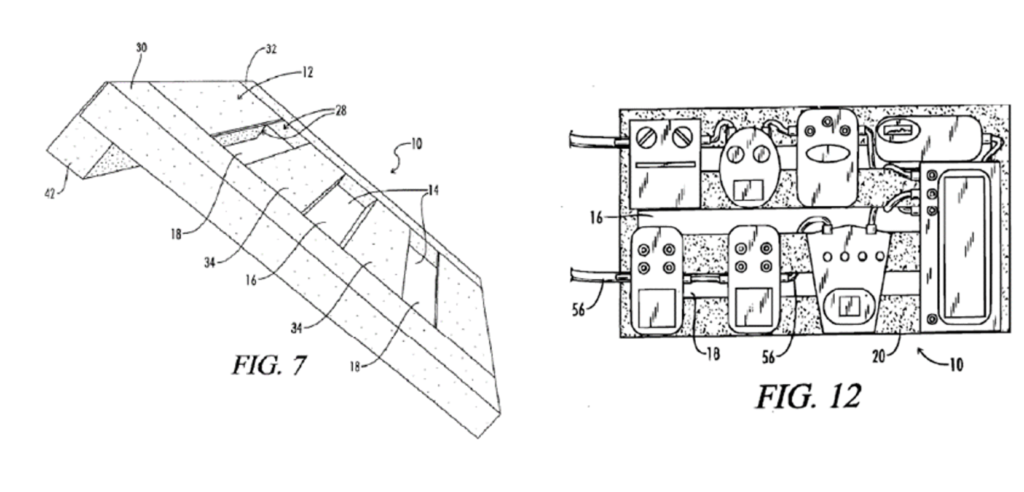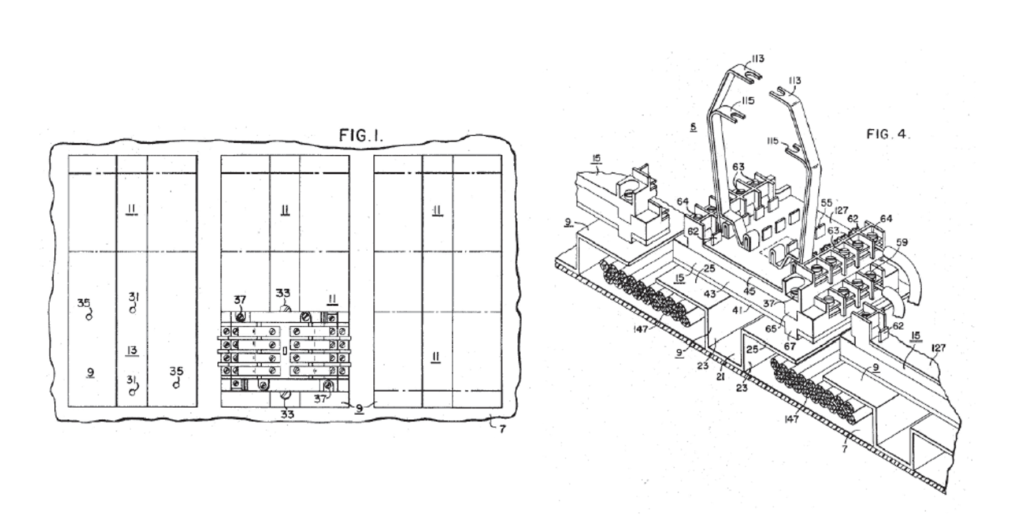The US Court of Appeals for the Federal Circuit invoked “precedents that are relevant but not directly on point” to examine when employment contract provisions may require assignment of inventions conceived post-employment and without use of the former employer’s confidential information, finding that an intellectual property assignment provision in the employer’s predecessor’s employment agreement was void under California law. Whitewater West Industries, Ltd. v. Richard Alleshouse, et al., Case No. 19-1852 (Fed. Cir. Nov. 19, 2020) (Taranto, J.)
Richard Alleshouse began working for Wave Loch in 2007 as an engineer in the field of large-scale sheet-wave water attractions, which are surf and wave simulators sometimes seen on cruise ships and in water parks. Alleshouse’s many duties for the company included the inspection, assessment and improvement of the company’s wave rides; the development of new rides; and product management of the company’s branded FlowRider sheet wave attraction.
After almost five years with the company, Alleshouse consulted with a lawyer, Yong Yeh, regarding the scope of his employment agreement with Wave Loch, which included intellectual property assignment terms that survived termination of the employment agreement. Following that consultation, Alleshouse and Yeh discussed the idea of starting their own company to design sheet-wave attractions. In August 2012, Alleshouse resigned from Wave Loch, and in October 2012, Alleshouse and Yeh filed provisional patent applications that resulted in three different US patents describing and claiming certain “water attractions involving a flowing body of water on a surface” and “nozzle shapes and configurations which create a flowing body of water over a surface.”
In 2017, Whitewater West Industries, the successor to Wave Loch, sued Alleshouse, Yeh and their new company, Pacific Surf Design, in federal district court in California, asserting claims for breach of contract and correction of inventorship. In particular, Whitewater sought an assignment of the three patents under the terms of Alleshouse’s employment contract with Wave Loch, and claimed that Yeh was improperly listed as an inventor on each of the three patents. The district court ruled for Whitewater and found that the intellectual property assignment provision in Alleshouse’s employment agreement was valid and thus breached due to the failure to assign the patent rights at issue. Alleshouse appealed.
Alleshouse challenged the employment agreement’s intellectual property assignment provision as invalid under California Labor Code § 16600, which prohibits any contract provision that restrains a person from a lawful profession, trade or business, and under § 2870(a), which prohibits requiring an employee to assign over any invention that an employee developed entirely on her own time without using the employer’s equipment, supplies, facilities or trade secret information (with certain enumerated exceptions for employee inventions related to the employer’s business or the employee’s work for the business). The parties agreed on two factual points that were important to the Federal Circuit’s analysis on appeal: that the inventions at issue were not conceived until after Alleshouse left his job at Wave Loch, and that Alleshouse did not use any trade secret or confidential information belonging to Wave [...]
Continue Reading
read more

 Subscribe
Subscribe




